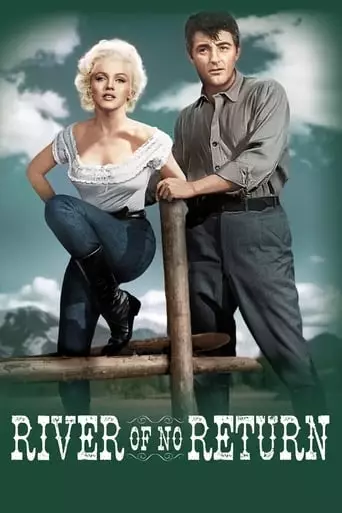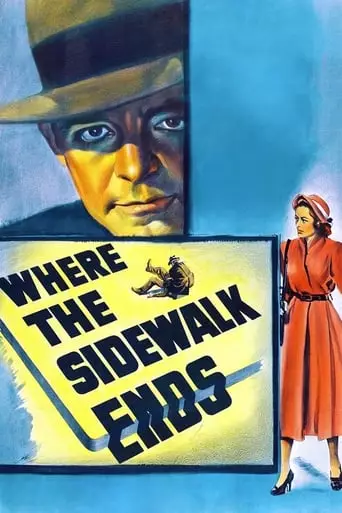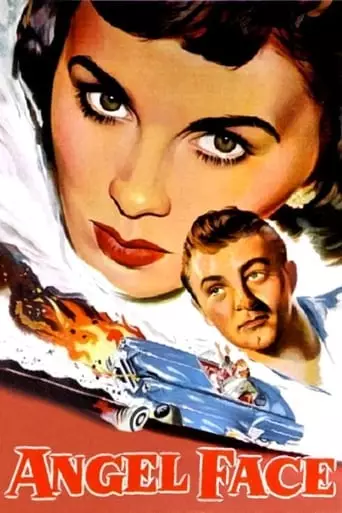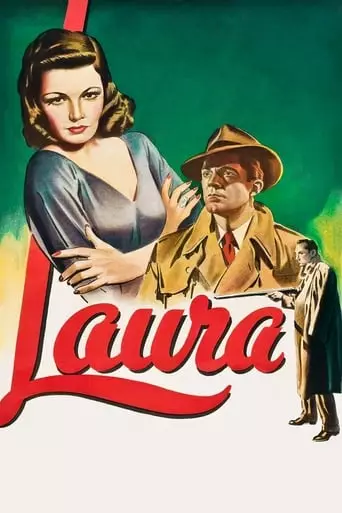Ari Ben Canaan, a passionate member of the Jewish paramilitary group Haganah, attempts to transport 600 Jewish refugees on a dangerous voyage from Cyprus to Palestine on a ship named […]

Ari Ben Canaan, a passionate member of the Jewish paramilitary group Haganah, attempts to transport 600 Jewish refugees on a dangerous voyage from Cyprus to Palestine on a ship named […]

An itinerant farmer and his young son help a heart-of-gold saloon singer search for her estranged husband. River of No Return (1954), directed by Otto Preminger, is a Western musical […]

A dramatization of the American general and his court martial for publically complaining about High Command’s dismissal and neglect of the aerial fighting forces.

Cecile is a decadent young girl who lives with her rich playboy father, Raymond. When Anne, Raymond’s old love interest, comes to Raymond’s villa, Cecile is afraid for her way […]

A naval officer reprimanded after Pearl Harbor is later promoted to rear admiral and gets a second chance to prove himself against the Japanese.

A police detective’s violent nature keeps him from being a good cop.

Proposed by the President of the United States to fill the post of Secretary of State, Robert Leffingwell appears before a Senate committee, chaired by the idealistic Senator Brig Anderson, […]

An ambulance driver gets involved with a rich girl that might have a darker side.

A junkie must face his true self to kick his drug addiction.

A police detective falls in love with the woman whose murder he’s investigating. Laura is a classic film noir directed by Otto Preminger, based on Vera Caspary’s novel. The plot […]
Otto Preminger: The Provocateur of Hollywood
Otto Preminger, a towering figure of 20th-century cinema, was a filmmaker renowned for his audacity, sophistication, and willingness to push boundaries. Known for his elegant direction and controversial themes, Preminger defied the conventions of Hollywood’s golden age and played a pivotal role in transforming the American film industry.
Early Life and European Beginnings
Otto Ludwig Preminger was born on December 5, 1905, in Vyzhnytsia (then part of Austria-Hungary, now Ukraine). Raised in Vienna, Preminger was immersed in a cultured environment, excelling academically and nurturing an early love for theater and storytelling.
While studying law at the University of Vienna, he also pursued his passion for theater, eventually becoming an assistant to the legendary director Max Reinhardt. This mentorship gave Preminger invaluable insights into stagecraft and storytelling, which he would later apply to his filmmaking.
In 1935, Preminger moved to the United States to work in theater and film. His European sensibilities, coupled with a sharp eye for drama, made him a unique presence in Hollywood.
Breakthrough in Hollywood
Preminger’s Hollywood career gained traction in the 1940s with a series of noir films that showcased his flair for mood, atmosphere, and complex characters. His breakout success came with Laura (1944), a mesmerizing murder mystery starring Gene Tierney and Dana Andrews. The film, a critical and commercial triumph, earned five Academy Award nominations and established Preminger as a major director.
Laura exemplified Preminger’s strengths: meticulous visual composition, psychological depth, and a fascination with morally ambiguous characters. Its haunting theme music and enigmatic narrative remain iconic in the history of film noir.
Challenging the Code
In the 1950s, Preminger cemented his reputation as a provocateur, tackling taboo subjects and defying the restrictive Production Code. Films such as The Moon is Blue (1953), Carmen Jones (1954), and The Man with the Golden Arm (1955) challenged societal norms and Hollywood conventions.
The Moon is Blue sparked controversy for its candid treatment of sexual relationships and was released without a Production Code seal. Despite—or perhaps because of—the uproar, it became a box-office hit, signaling a shift in audience expectations and studio practices.
Preminger followed this with Carmen Jones, an all-Black musical adaptation of Georges Bizet’s opera Carmen, starring Dorothy Dandridge and Harry Belafonte. Dandridge’s performance earned her an Academy Award nomination, the first for an African-American actress in a leading role.
In The Man with the Golden Arm, Preminger depicted heroin addiction with stark realism, earning critical acclaim and paving the way for more mature themes in American cinema.
The Auteur of Freedom
Preminger’s work in the 1960s further cemented his status as a daring auteur. He directed Anatomy of a Murder (1959), a courtroom drama that explored rape, justice, and moral ambiguity. The film, starring James Stewart, received several Academy Award nominations and was groundbreaking for its explicit dialogue and bold treatment of sensitive issues.
His 1960 epic Exodus, based on the novel by Leon Uris, tackled the founding of the state of Israel and featured Paul Newman in a starring role. The film showcased Preminger’s ability to handle sprawling narratives while maintaining emotional intimacy.
Not content with merely breaking cinematic taboos, Preminger also made history by openly defying Hollywood’s blacklist. In 1960, he cast Dalton Trumbo, a blacklisted screenwriter, in Exodus and credited him by name, a significant blow to the anti-Communist hysteria of the era.
Distinctive Style and Legacy
Preminger’s films are marked by their sophisticated visual style, often employing long takes, fluid camera movements, and an emphasis on space and composition. His narratives frequently examined themes of power, freedom, and morality, resonating with audiences and critics alike.
While his films garnered acclaim, Preminger’s reputation as a director was sometimes overshadowed by his abrasive personality. Known for his exacting standards and fierce temper, he was both respected and feared by actors and crew.
Later Years and Impact
In his later years, Preminger continued to direct ambitious projects, though critical and commercial success became more elusive. Films like Advise & Consent (1962) and Hurry Sundown (1967) showcased his enduring commitment to tackling provocative social and political themes.
Preminger died on April 23, 1986, leaving behind a body of work that remains influential. His films not only reflect the evolution of American cinema but also the broader cultural shifts of the 20th century.
Conclusion
Otto Preminger’s legacy is one of fearless creativity and unrelenting pursuit of truth through art. A master of psychological complexity and narrative elegance, he expanded the boundaries of cinematic storytelling, challenging conventions and inspiring future generations of filmmakers. In breaking taboos and embracing controversy, Preminger helped reshape Hollywood, making it a more mature and inclusive arena for artistic expression.